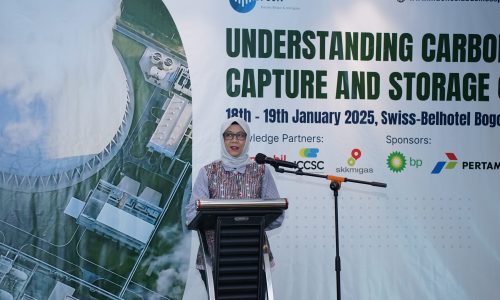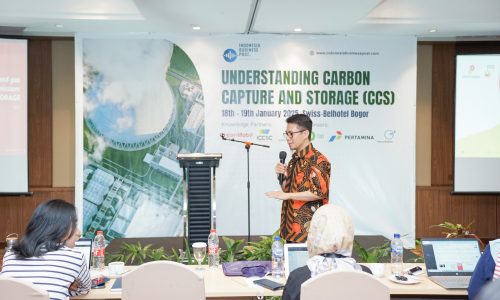President Joko Widodo recently led a closed-door meeting to discuss the restructuring of credits for Micro, Small, and Medium Enterprises (MSMEs).
Airlangga Hartarto, the Coordinating Minister for Economic Affairs, stated that outstanding debts of MSMEs can be written off by the banks. However, before doing so, the non-performing debts must undergo restructuring.
“After discussing credit restructuring, including write-offs and outstanding debts, all the necessary regulations are prepared. The laws are in place,” Airlangga said after the meeting at the Presidential Palace complex in Jakarta on Monday (July 17, 2023).
The government has also established provisions outlined in Law Number 4 of 2023 on the Development and Strengthening of the Financial Sector (Law PPSK).
Articles 250 and 251 of the PPSK Law regulates provision on handling of non-performing loan. “Primarily for MSMEs, the possibility of write-offs and debt forgiveness is stipulated,” Airlangga explained.
Debt write-off refers to erasing the debtor’s obligation for a credit that cannot be repaid, while book write-off is an administrative action to remove a credit that falls under the non-performing category. This is done without relinquishing the right to claim the debt.
Responses on the write-off plan
Regarding the government’s plan to implement debt write-offs and book write-off for non-performing loans for MSME, PT Bank Central Asia Tbk (BBCA) responded by stating that they would carefully consider and support the government’s policies, regulations, and banking authorities’ plans concerning the write-off of non-performing MSME credits, adhering to applicable banking criteria, systems, and procedures.
Meanwhile, banking observer Paul Sutaryono asserted that writing off non-performing credits is a common practice in the banking industry. However, he emphasized that this action must comply with existing legal regulations.
Paul suggested that it would be best to only provide book write off for non-performing credits without giving debt write-off.
“In other words, the banks can still pursue the non-performing credits from their customers,” Paul mentioned.
This move is seen as an effort to mitigate opportunistic risks. Consequently, customers will be more cautious in managing credits from any source, including banks, in the future.
According to Paul, by removing non-performing credits, MSME customers can regain enthusiasm for business after being hit by the pandemic for three years.









